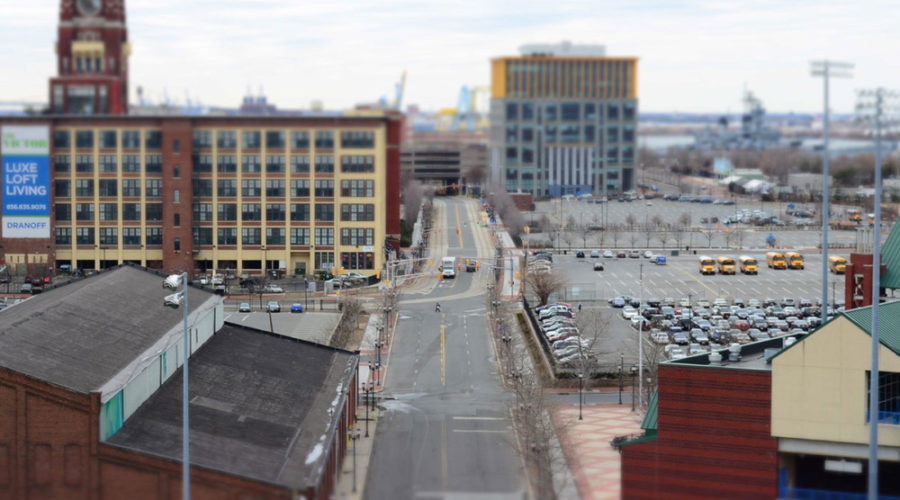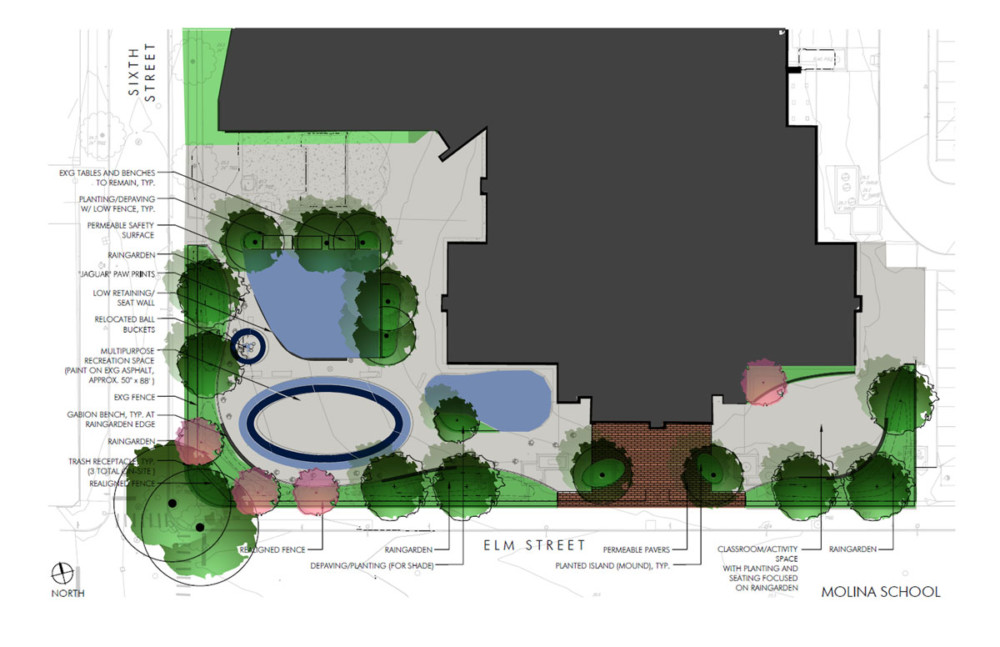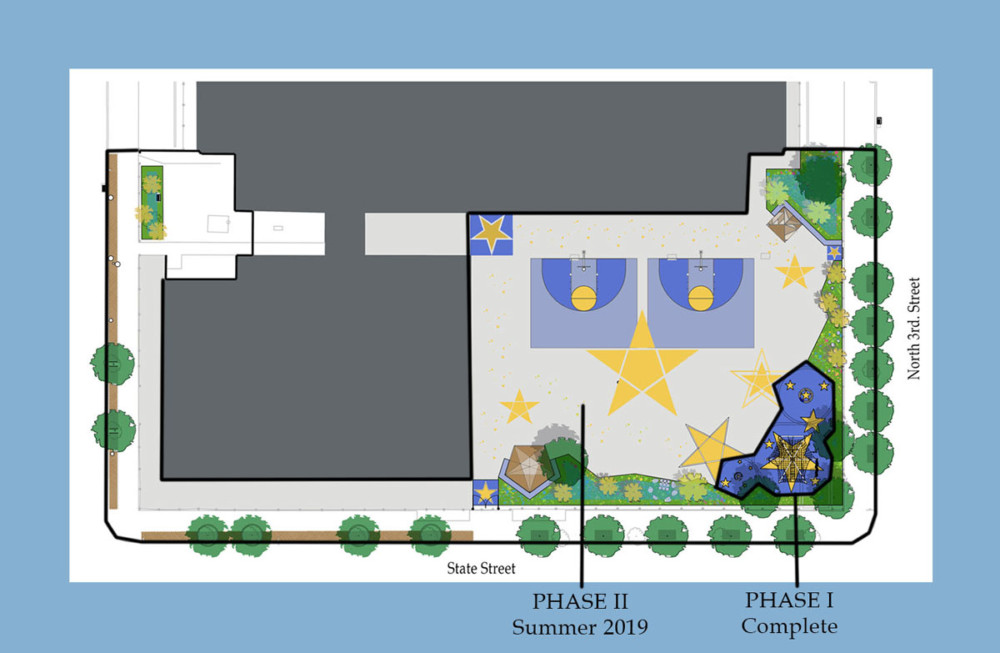
The Trust for Public Land is using tons of data thanks to a new tool, combined with community input, to spruce up the city’s parks. The goal: prepare Camden for the climate crisis.
As the climate crisis looms, cities like Camden are on the frontlines of warming temperatures and rising sea levels. That’s why The Trust for Public Lands (TPL) is taking steps to prepare.
The national nonprofit recently released its Green + Healthy Camden decision-making tool, a publicly available mapping portal with over 100 layers of data. Essentially, the tool helps urban planners decide where to implement parks and green infrastructure, in order to maximize impact and achieve equity.
According to Danielle Denk, Camden Program Director for TPL, the tool will serve as the foundation for the City of Camden’s five-year parks plan, a project between TPL and Cooper’s Ferry Partnership, expected for release in Spring 2020. In addition, the plan will guide TPL and partners as they work to add and improve green spaces throughout Camden. Currently, TPL is conducting community outreach in order to understand what Camden residents want and need from the city’s park system.
“[TPL will] then align that information with what we know parks can provide to help address obesity issues, to help address mental health issues, help address heat island issues, help address flooding and also to really help Camden become more resilient to climate change,” Denk said.
The Power of Parks

But let’s back up. What do parks have to do with climate adaptation? A lot, actually.
Parks and other green spaces are filled with native plants, grass, and trees. That greenery is crucial to buffering shoreline communities from flooding and storms; connecting trails that facilitate carbon-free transit; providing shade to combat heatwaves and reduce home energy use; and saving energy for water management by absorbing rainfall.
All of those benefits are especially crucial in Camden. The city, which experiences a 42 percent poverty rate, lacks the tree coverage that much wealthier communities enjoy. As a result, it suffers from much higher temperatures.
Further, Camden, like much of Philly, uses a combined sewer system, an outdated form of infrastructure that carries sewage and stormwater through the same pipes. The combined volume overwhelms the system during wet weather events, causing it to back up into the streets and discharge into nearby waterways without treatment.
The climate crisis will only increase rainfall, as well as temperatures, in the coming years. That’s why Camden needs more parks and green spaces to absorb stormwater, provide cooling shade, and protect residents from flooding.
Projects in Progress: A Sneak Peak
That’s where The Trust for Public Lands (TPL) comes in. The organization began working in Camden two years ago, at the request of the Camden County Municipal Utilities Authority (CCMUA), to add and improve parks in the city.
Since then, TPL has launched four parks-related projects, all of which advance two of TPL’s programs, Parks for People and Climate-Smart Cities.
The furthest along: improvements to the Cooper’s Poynt Family School playground. Previously an expanse of cracked and barren asphalt, TPL has converted it to a community asset, adding new, colorful play equipment and basketball courts. For the final phase, TPL and CCMUA plan to add rain gardens that will manage stormwater, mitigate flooding and connect students to nature.

The projects serve as a preview for the kind of initiatives Camden can look forward to under the incoming five-year plan. They’re an example of how, through its data and community-driven parks projects, TPL is hoping to not just prepare Camden for the climate crisis, but also improve residents’ overall quality of life.
“The ultimate plan needs to both be something that works for the people of Camden and also puts Camden in position to be resilient and sustainable and an amazing place to live and work,” Denk said.
Photos courtesy of The Trust for Public Land. Header photo by Bruce Emmerling.
This story was produced in collaboration with the New Jersey Sustainability Reporting Hub project. It was originally reported by Brianna Baker for Green Philly, and may be re-distributed through the Creative Commons License, with attribution.
